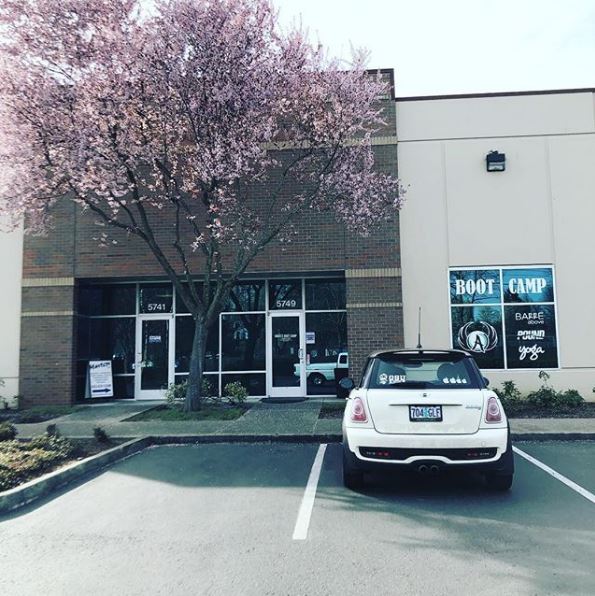Yes, most athletes tend to be hard workers. However, I have never seen athletes push themselves through as much pain as I have judokas. It is surprising how much pain and injury is dealt in a martial art sport like judo, where any kind of striking in absent. The pain tolerance that I see on a daily basis still amazes me. These athletes would rather lose an appendage than miss a tournament! Oh, and by the way, there is no “off-season” in judo. Judokas compete year-round and, if they compete at a high enough level, travel all over the world. In fact, two of my judokas just left for the Pan American Championships in Edmonton, Alberta, Canada. I think many athletes in other sports can learn a lot about how to grind through tough training from judo athletes.
Analysis and Critical Thinking
There is a level of critical thinking that is required in every sport but, in judo, we see a greater level. Judokas always have to be one step ahead of their opponent in order to be successful. They must know what choice their opponent will make next, and how to execute counters and attacks with precision, in order to stay ahead. So it is a necessity for judokas to analyze not only their own movements to become better, but also the movements and strategies of their opponents. Once they know the type of fighter they are up against, they can better strategize for the match. Again, athletes from other sports can take a page out of the judoka’s playbook here. I believe that the more critical thinking is involved in anything, the more that individual will succeed. So, every athlete should be analyzing their movements and thinking about what to anticipate from their opponents.
No Price, Sacrifice
Athletes play a sport because they love the game. If you haven’t seen the movie For Love of the Game starring Kevin Costner, please do so…now. It’s been years since I’ve watched it, but I can still remember how it made me feel as a very obsessed, former baseball player. I played because I loved the sport, but there is a certain level you can play to as an athlete before it starts becoming a job. Currently we see baseball, football, and basketball players signing million-dollar contracts to play the game they used to play hard, or harder, for free. What is it they say about competitors? Something like, “Those that are at the bottom of the hill are more hungry than those at the top.” This means that we sometimes see athletes actually playing harder before they break into the professional ranks, rather than after.







